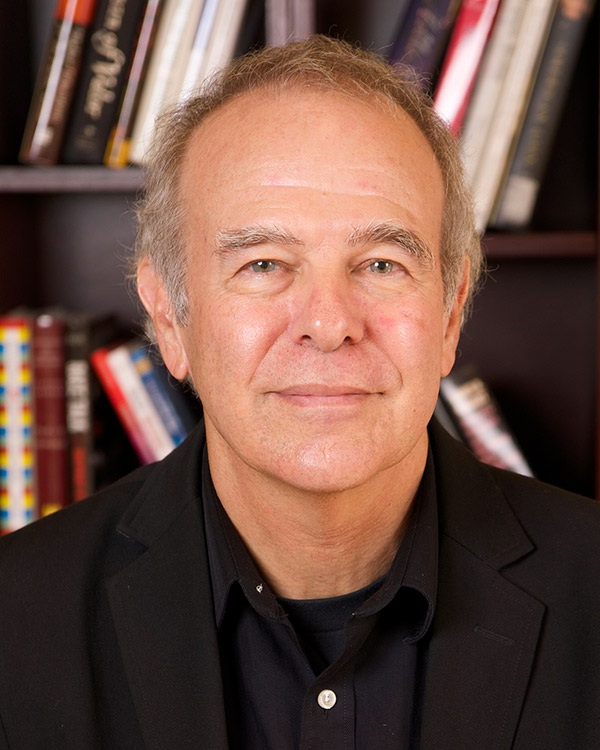Henig: Charters Need “Responsible Regulation and Oversight” By State Officials

The hybrid nature of charters “accounts for much of their appeal,” Henig writes. Charters—publicly funded schools that are privately run—act like private businesses in needing to keep up with and meet parents’ demands to compete for student “customers” and the government funds that follow them. But as public institutions, charters are meant to be “open to all and accountable for meeting public needs as articulated through democratic processes.”
Keeping charter schools accountable “depends critically on public officials and those who elect them,” especially at the state level, “to exercise strong accountability,” Henig writes. In addition to addressing issues of basic capacity in approving charter schools, state boards and state education agencies must “enforce charter accountability [in] making sure that collective reason and values are steering the process over time… Charters are not like the Energizer bunny: Public officials cannot simply wind them up and hope they will keep on running in the right direction.”
Henig also writes that “strong democratic accountability requires that tough questions about competing values be discussed and decided in public institutions, like legislatures and courts, that are open to varying perspectives, subject to freedom of information requirements, oriented toward finding common ground where it exists, and committed to openly debating and resolving conflicting values and interests where it does not.”
To read Henig's piece, click here and scroll to p. 26.
Published Tuesday, Jan 10, 2017